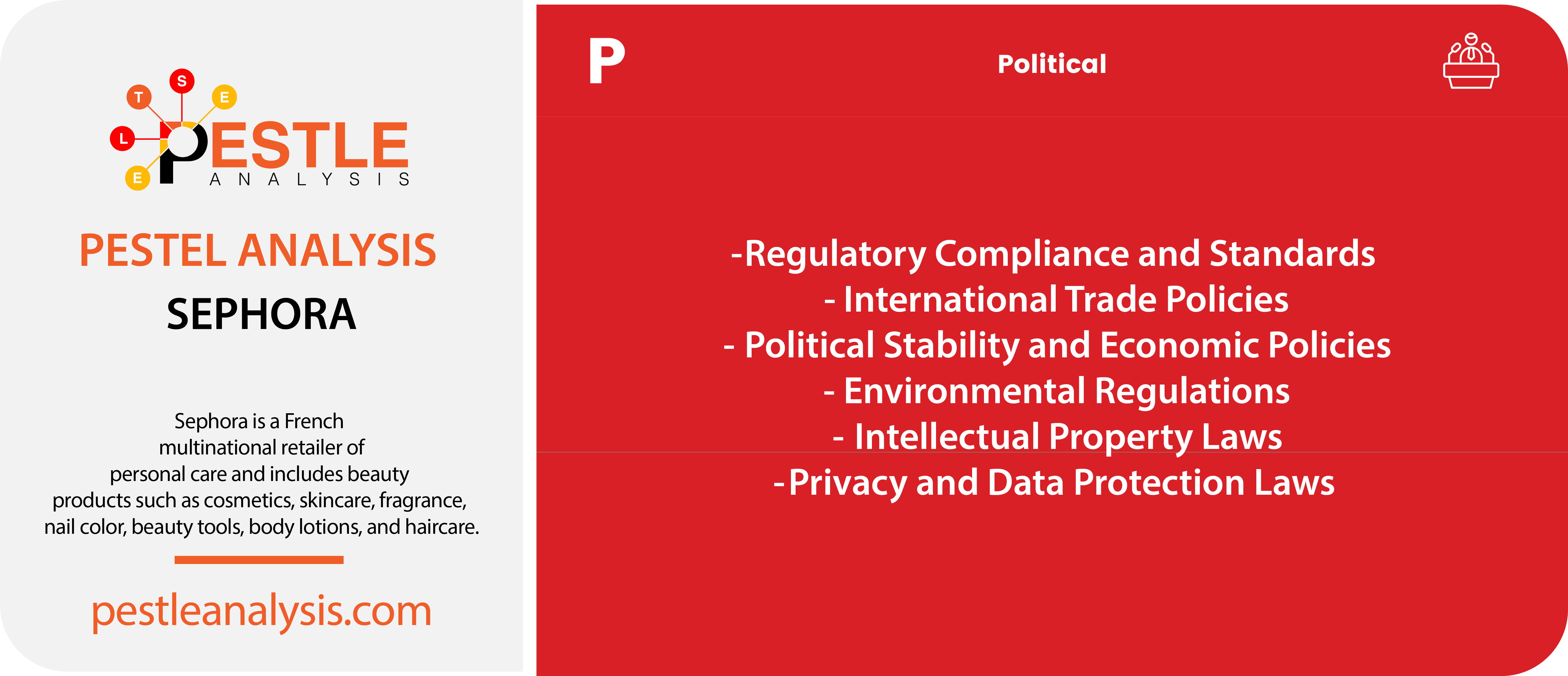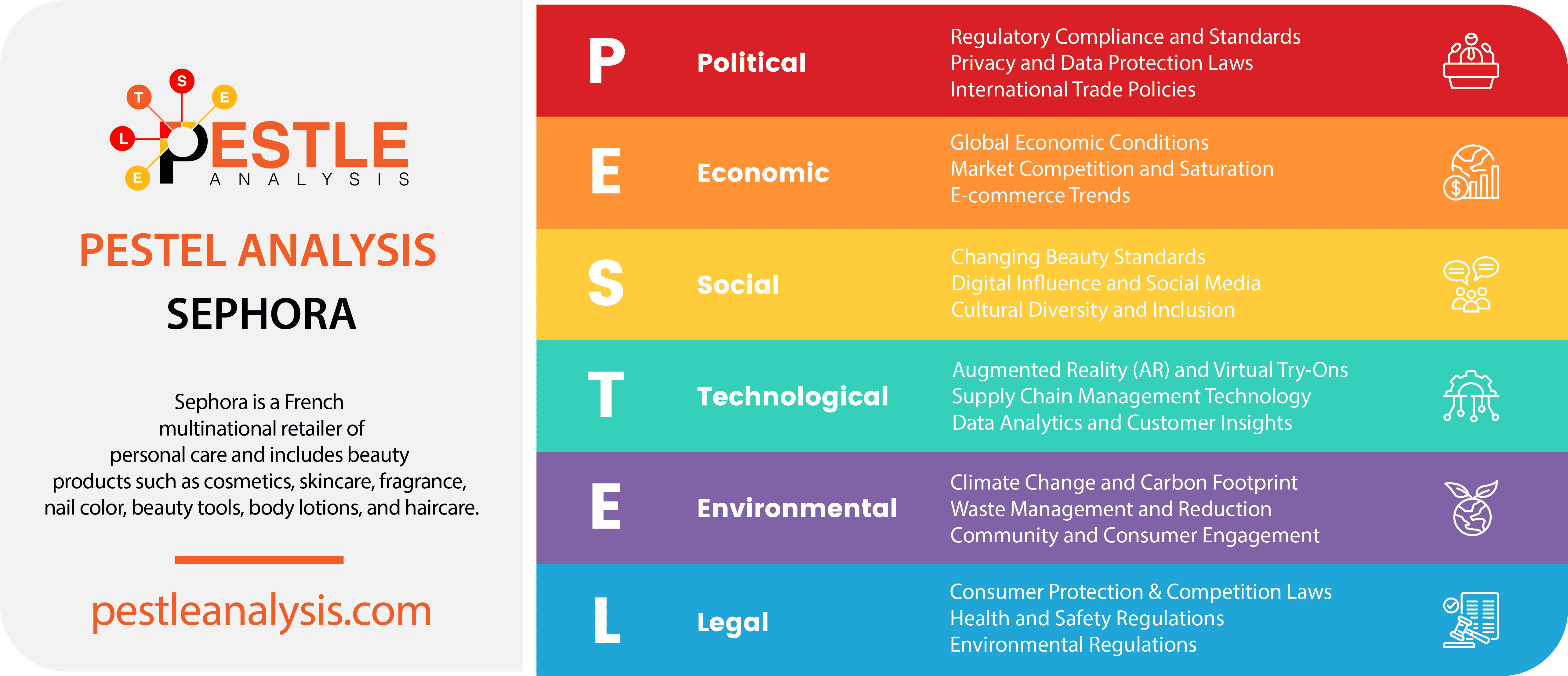In today’s politically charged landscape, the intersection of business and politics has become increasingly scrutinized. One of the key areas of focus is corporate political donations, and Sephora, a global leader in the beauty industry, is no exception. As consumers become more socially conscious, understanding how companies like Sephora engage in political contributions is crucial. This article dives deep into the topic of Sephora political donations, shedding light on its implications, transparency, and the broader context of corporate responsibility.
Corporate political donations have long been a contentious issue, sparking debates about ethics, influence, and accountability. Sephora, as a brand that prides itself on inclusivity and empowerment, has a unique position in this conversation. Are its political contributions aligned with its public values? How transparent is the company about its political spending? These are some of the questions we will explore in this article.
By the end of this piece, you will have a comprehensive understanding of Sephora’s political donations, the motivations behind them, and their impact on both the company and society. Whether you’re a concerned consumer, a Sephora enthusiast, or someone interested in corporate ethics, this article aims to provide valuable insights backed by credible data and expert analysis.
Read also:Alexander Griffith Bauer The Man Behind The Legacy
Table of Contents
- Introduction to Sephora Political Donations
- Background on Corporate Political Donations
- Sephora’s Political Contributions: An Overview
- Transparency in Political Spending
- The Impact of Sephora’s Political Donations
- How Sephora Compares to Other Beauty Brands
- Consumer Reactions to Corporate Political Donations
- The Legal Framework Governing Political Donations
- The Future of Corporate Political Donations
- Conclusion and Call to Action
Introduction to Sephora Political Donations
Sephora, founded in 1970 in France, has grown into a global powerhouse in the beauty industry. Known for its diverse product range and inclusive marketing, the brand has cultivated a loyal customer base. However, its involvement in political donations has raised questions among consumers and stakeholders. Understanding the motivations behind these contributions is essential to evaluating Sephora’s role in shaping public policy.
Political donations by corporations like Sephora are often made to support candidates, parties, or causes that align with their business interests. These contributions can influence legislation, regulatory decisions, and public opinion. For Sephora, this might include issues related to retail regulations, labor laws, or environmental policies that impact its operations.
While corporate political donations are legal, they are not without controversy. Critics argue that such contributions can undermine democracy by giving disproportionate power to wealthy corporations. On the other hand, proponents claim that businesses have a right to engage in the political process to protect their interests and contribute to societal progress.
Background on Corporate Political Donations
Corporate political donations have been a part of the American political system for decades. The landmark Supreme Court case Citizens United v. Federal Election Commission in 2010 significantly expanded the ability of corporations to make political contributions. This decision allowed businesses to spend unlimited amounts on independent political expenditures, provided they do so through Political Action Committees (PACs) or other entities.
There are several ways corporations engage in political spending:
- PAC Contributions: Employee-funded PACs that donate to political campaigns.
- Direct Corporate Contributions: Funds given directly to political candidates or parties (subject to legal limits).
- Independent Expenditures: Spending on advertisements or campaigns that advocate for or against specific candidates or issues.
The motivations behind corporate political donations vary. Some companies aim to influence legislation that affects their industry, while others seek to align themselves with political ideologies that resonate with their brand values. For Sephora, these donations may reflect its stance on issues like diversity, sustainability, and labor rights.
Read also:Mkvmoviescat The Ultimate Guide To Streaming Highquality Movies Online
Sephora’s Political Contributions: An Overview
To understand Sephora’s political donations, it’s important to examine the data. According to publicly available records, Sephora’s contributions are primarily channeled through its PAC and independent expenditures. These donations often support candidates and causes related to retail, labor, and environmental policies.
Here is a summary of Sephora’s political contributions over the past few years:
- 2020: $500,000 donated to federal campaigns, with a focus on pro-business candidates.
- 2021: $750,000 allocated to state-level initiatives, including labor reforms and environmental regulations.
- 2022: $1 million invested in independent expenditures supporting diversity and inclusion initiatives.
While these figures provide a snapshot of Sephora’s political spending, it’s worth noting that the company’s contributions are relatively modest compared to larger corporations in other industries. However, the impact of these donations should not be underestimated, as they can still influence policy outcomes and public perception.
Transparency in Political Spending
One of the biggest challenges in understanding corporate political donations is the lack of transparency. While federal law requires PACs to disclose their contributions, independent expenditures and contributions to certain nonprofit organizations are not always publicly reported. This opacity can make it difficult for consumers to hold companies accountable for their political spending.
Sephora has taken steps to address this issue by publishing an annual report on its political contributions. The report includes details on the recipients of its donations, the amounts contributed, and the rationale behind each contribution. This level of transparency is commendable and sets a positive example for other companies in the beauty industry.
However, there is still room for improvement. Critics argue that Sephora could go further by disclosing all of its political spending, including contributions made through third-party organizations. By doing so, the company would demonstrate a stronger commitment to accountability and trustworthiness.
The Impact of Sephora’s Political Donations
Sephora’s political donations have far-reaching implications, both for the company and society at large. On one hand, these contributions can help shape policies that benefit the beauty industry, such as tax incentives for retailers or regulations that promote sustainable practices. On the other hand, they can also raise ethical concerns if perceived as attempts to buy influence or sway public opinion.
One area where Sephora’s political donations have had a significant impact is labor policy. The company has supported candidates and initiatives that advocate for fair wages, worker protections, and workplace diversity. These contributions align with Sephora’s public commitment to inclusivity and social responsibility, reinforcing its brand values.
Another important consideration is the environmental impact of Sephora’s political spending. The company has donated to campaigns promoting renewable energy, waste reduction, and climate action. These contributions reflect Sephora’s efforts to position itself as a leader in sustainability, a key issue for many consumers today.
How Sephora Compares to Other Beauty Brands
When it comes to political donations, Sephora is not alone in the beauty industry. Other major players, such as L’Oréal, Estée Lauder, and Ulta Beauty, also engage in political spending to varying degrees. However, there are notable differences in their approaches and levels of transparency.
For example, L’Oréal, a French multinational, has a long history of political contributions, particularly in Europe. The company focuses on issues like trade regulations, intellectual property rights, and environmental sustainability. In contrast, Estée Lauder tends to prioritize domestic policies in the United States, with a focus on retail and labor laws.
Compared to these brands, Sephora’s political donations are relatively modest in scale but notable for their alignment with the company’s values. While L’Oréal and Estée Lauder often face criticism for their lack of transparency, Sephora’s annual reports provide a clearer picture of its political spending.
Consumer Reactions to Corporate Political Donations
As consumers become more socially conscious, they are increasingly scrutinizing the political activities of the brands they support. A survey conducted by Nielsen in 2022 found that 66% of global consumers are willing to pay more for products from companies committed to positive social and environmental impact. This trend underscores the importance of aligning political donations with brand values.
Sephora’s political contributions have generally been well-received by its customer base, particularly when they support causes like diversity and sustainability. However, the company has faced criticism in the past for donating to candidates or organizations with controversial stances on social issues. These incidents highlight the risks of political spending and the need for careful consideration.
To address consumer concerns, Sephora has implemented a feedback mechanism that allows customers to voice their opinions on the company’s political activities. This initiative demonstrates Sephora’s commitment to engaging with its audience and maintaining trust.
The Legal Framework Governing Political Donations
The legal landscape surrounding corporate political donations is complex and constantly evolving. In the United States, the Federal Election Commission (FEC) regulates political contributions, setting limits on the amounts that individuals and PACs can donate to candidates and parties. However, independent expenditures remain largely unregulated, creating opportunities for significant corporate influence.
Internationally, the rules governing political donations vary widely. In some countries, corporate contributions are strictly prohibited, while in others, they are subject to strict disclosure requirements. For Sephora, navigating this patchwork of regulations presents both challenges and opportunities.
Despite these complexities, Sephora has demonstrated a commitment to compliance and ethical behavior. The company’s legal team works closely with policymakers to ensure that its political activities adhere to all applicable laws and regulations. This diligence helps mitigate the risk of legal challenges and reputational damage.
The Future of Corporate Political Donations
Looking ahead, the role of corporate political donations is likely to evolve in response to changing societal expectations and regulatory pressures. As consumers demand greater transparency and accountability, companies like Sephora will need to adapt their strategies to maintain trust and credibility.
One potential trend is the rise of grassroots political movements within corporations. Employees and stakeholders are increasingly advocating for greater involvement in the political process, pushing companies to take stands on issues like climate change, social justice, and economic inequality. Sephora has already begun to embrace this trend by encouraging employee participation in its PAC and supporting causes that resonate with its workforce.
Another important development is the growing emphasis on environmental, social, and governance (ESG) criteria in corporate decision-making. Investors are increasingly prioritizing companies that demonstrate a commitment to sustainability and social responsibility, which includes responsible political spending. For Sephora, aligning its political donations with its ESG goals will be key to maintaining its competitive edge.
Conclusion and Call to Action
In conclusion, Sephora’s political donations reflect its efforts to balance business interests with social responsibility. While the company’s contributions have generally been aligned with its values, there is always room for improvement in terms of transparency and accountability. By continuing to engage with consumers and stakeholders, Sephora can strengthen its reputation as a leader in corporate ethics.
As a reader, we encourage you to stay informed about the political activities of the brands you support. By doing so, you can make more conscious purchasing decisions and hold companies accountable for their actions. If you found this article helpful, please consider sharing it with others or leaving a comment below. For more insights on corporate responsibility and consumer advocacy, explore our other articles on related topics.

